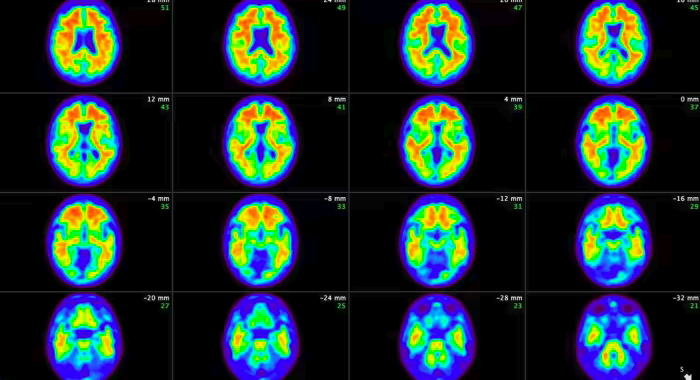- cross-posted to:
- [email protected]
- [email protected]
- cross-posted to:
- [email protected]
- [email protected]
Dementia experts hail “watershed moment” after trial results for donanemab antibody treatment.
It cleared amyloid plaques completely from the brain in some participants, who were then taken off the drug.
If true, this is genuinely exciting news. It’s not a complete “you’re cured” solution, but it’s better than anything in the past has been able to accomplish. It’d be more akin to cancer remission, where patients will need to be screened every few months to ensure more plaque isn’t starting. But in the interim, they don’t need to continue actively receiving treatments. Just like how cancer survivors go back for scans even after getting the all-clear, because the chances of the cancer returning some time in the future are extremely high.
It cleared amyloid plaques completely from the brain in some participants, who were then taken off the drug.
What was the result to the patient outcomes? Did the patients return to pre-demenia state or did their demenia progress simply halt when all the amyloid is cleared (from those patients that got completely cleared of amyloid)?
Sorry, I pressed reply in Voyager, but it ended up as a comment to my post instead of a reply to your comment.
Very skeptical of that one.
They’ve been trying to target amyloid for more than a decade, and it’s the first time I hear of it actually working.The treatment seem to have huge side effects (brain bleeding and swelling) and lead to patient death during the study.
Elly Lilly is also know for marketing zyprexa as a treatment for dementia (despite inefficacy and increased risk of death). Which is IMO criminal, at best unethical. I’m not inclined to trust them at all.I hope I’m wrong and it works. Alzheimer is a terrible way to go.
Wow! This is big. Haven’t heard about this before.
This was a really interesting read.
Considering that it is stated that it helped in earlier stages (before they took the patients off donanemab), I don’t think they got as far as claiming it halted the progress. From the article I mainly had the impression that it slowed it enough in some patients to show some progress in the research. Still, this is hopeful, considering the other options that have been available thus far.
That was my conclusion from the article too, but where I’m interested in is if the amyloid build up causes permanent damage to the brain, causing dementia, or with the removal of amyloid (which was never possible before) does the patient gain back anything they lost?
It seems surprising they left that answer out as it is very compelling to how the disease actually works.





